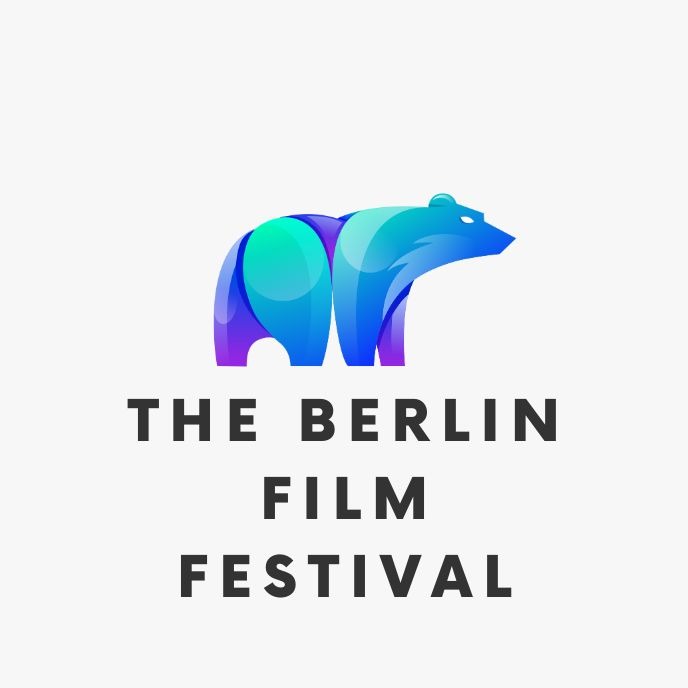The Berlin Film Festival held annually in Berlin, Germany is one of the biggest three festivals around the globe, the other two being Cannes Film Festival and Venice Film Festival. Berlin Film Festival has the largest attendance of any film festival with approximately 300,000 tickets sold, 500,000 admissions each year and 400 films shown from across various genres.
Berlin Film Festival is also generally known as Berlinale. The European Film Market (EFM), a film trade fair held at the same time to the Berlinale, is a crucial trade meeting for the international film circuit. Berlinale Talents comprises of a week-long series of lectures and workshops, of young filmmakers held in partnership with the festival. Mariette Rissenbeek is the Executive Director of the Festival, and Carlo Chatrian is the artistic director.
The Program
Each year in the Berlinale, around 400 films from all genres, lengths and formats are screened in the numerous sections and unique presentations. The different styles consist of the spectrum from feature films to documentary forms and artistic experiments, and the audience is invited to experience profoundly different milieus, norms of life and behaviors. The audience is put to the test of their judgments and prejudices and to reinforce their experience of seeing and observing in the realm between classic narrative forms and amazing aesthetics. The program also consists of an extreme dialogue and an engagement method with its audiences. Active participation of a rich array of spoken-word events, discussions with audience and expert panels takes places.
The BerlinaleAt A Glimpse
- The ‘Competition’ is the festival’s first part and screens the films to be discussed later.
- ‘Encounters’ is a platform aiming to encourage the aesthetics and structure of bold works from independent, innovative filmmakers.
- The ‘Berlinale Shorts’ competition emits the full range of colours, extends the boundaries and lays down new horizons in the vast field of cinematics.
- Sexy, edgy, bold, ‘Panorama’ screens extraordinary cinema, is a favourite for the audience and has the festival’s most significant jury.
- The ‘Forum’ and ‘Forum Expanded’ stand for reflections on the medium of film, developing the aesthetic sense and socio-artistic discourse.
- ‘Generation’ presents films for younger audiences.
- In ‘PerspektiveDeutsches Kino’ debutant directors screen their debut films and bring lots of fresh air to the cinema with their new styles.
- ‘Berlinale Special’ is for the special. It offers room for the exceptional, the glamorous and the festival’s matters and concerns.
- ‘Berlinale Series’ focuses on new series productions and gives an exclusive first look at those series.
- Explore film history and view it again in screenings of the highest quality: ‘Retrospective’, ‘Berlinale Classics’ and ‘Homage’.
- The special presentation ‘Berlinale Goes Kiez’ gathers together festival films and the actors/actresses to art house cinemas.
The Film Industry at TheBerlinale
- The European Film Market is an international marketplace, a place for the new film year and a haven for innovation and change.
- The Berlinale Co-Production Market offers targeted matchmaking and international networking for several projects, producers and financiers.
- Berlinale Talents is the creative meeting place of the festival with numerous public talks and workshops for audiences who adore films and 250 selected Talents from around the world.
- The World Cinema Fund (WCF) is committed to developing and funding cinema in regions where cinema suffers and is neglected, as well as to enhancing cultural diversity in German and European cinemas.
A Little History
The ‘Berlinale’ was founded in West Berlin in 1951, with Dr Alfred Bauer as its first Director, a position he held till 1976. The movie ‘Rebecca’ was the first to run on the festival. Film journalist Wolf Donner succeeded Bauer in 1976. After only three years in the role, Donner was followed by Moritz de Hadeln who held the position from 1980 until DirectorDieter Kosslick took over from 2001 to 2019.
Main Competition Jury Presidents
Since 1956, each year, the jury of the Festival is led by an internationally recognised face of the cinema with famous actress, Meryl Streep, leading the festival jury in 2016.
The Awards
The highest award presented at the Berlin Film Festival is the Golden Bear. It is awarded to the Best Motion Picture, Best Short Film, and Lifetime Achievement award. The Lifetime Achievement award is known as the Honorary Golden Bear. It was introduced in the year 1982.
The Silver Bear award is the next best accolade awarded at the ceremony. It was first presented in the year 1956 to recognize different achievements in film direction and acting. The Silver Bear is also awarded to the Best Short Film.
The Berlinale Talents
The Berlinale festival has also affiliated with the Berlinale Talents to conduct a winter school for new talent in the film industry. The school is conducted parallel to the Berlin Film Festival.
The Berlinale Talent each year accepts around 250 candidates. The candidates come from all over the world and are associated to varying film making professions. The event includes panel discussions and seminars by well-known celebrities of the industry.
Facts and Figures of the 2020 Berlinale
The Berlin International Film Festival is granted € 8.4 million in institutional funding by the Federal Government Commissioner for Culture and the Media.
Conclusion
The Berlinale is one of the top three film festivals around the globe as every year it survives through thick and thin and goes on to recognize excellent film performances. Berlinale promotes the German culture and heritage internationally by inviting people every year to come and visit the beautiful city, Berlin, and be a part of the prestigious Berlin Film Festival.

